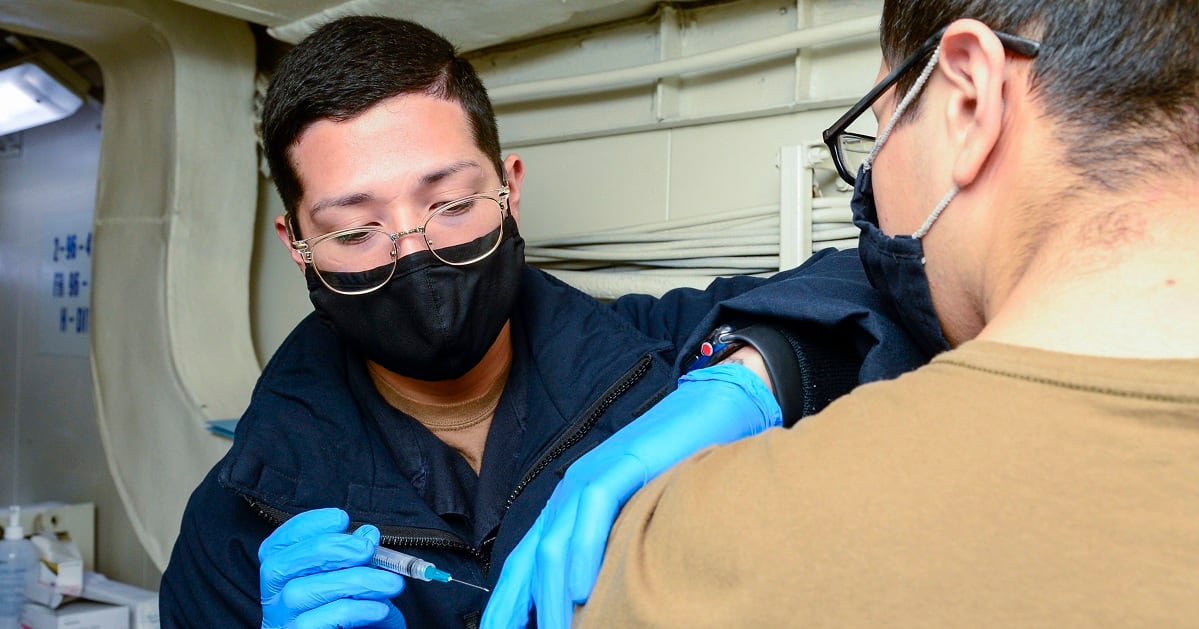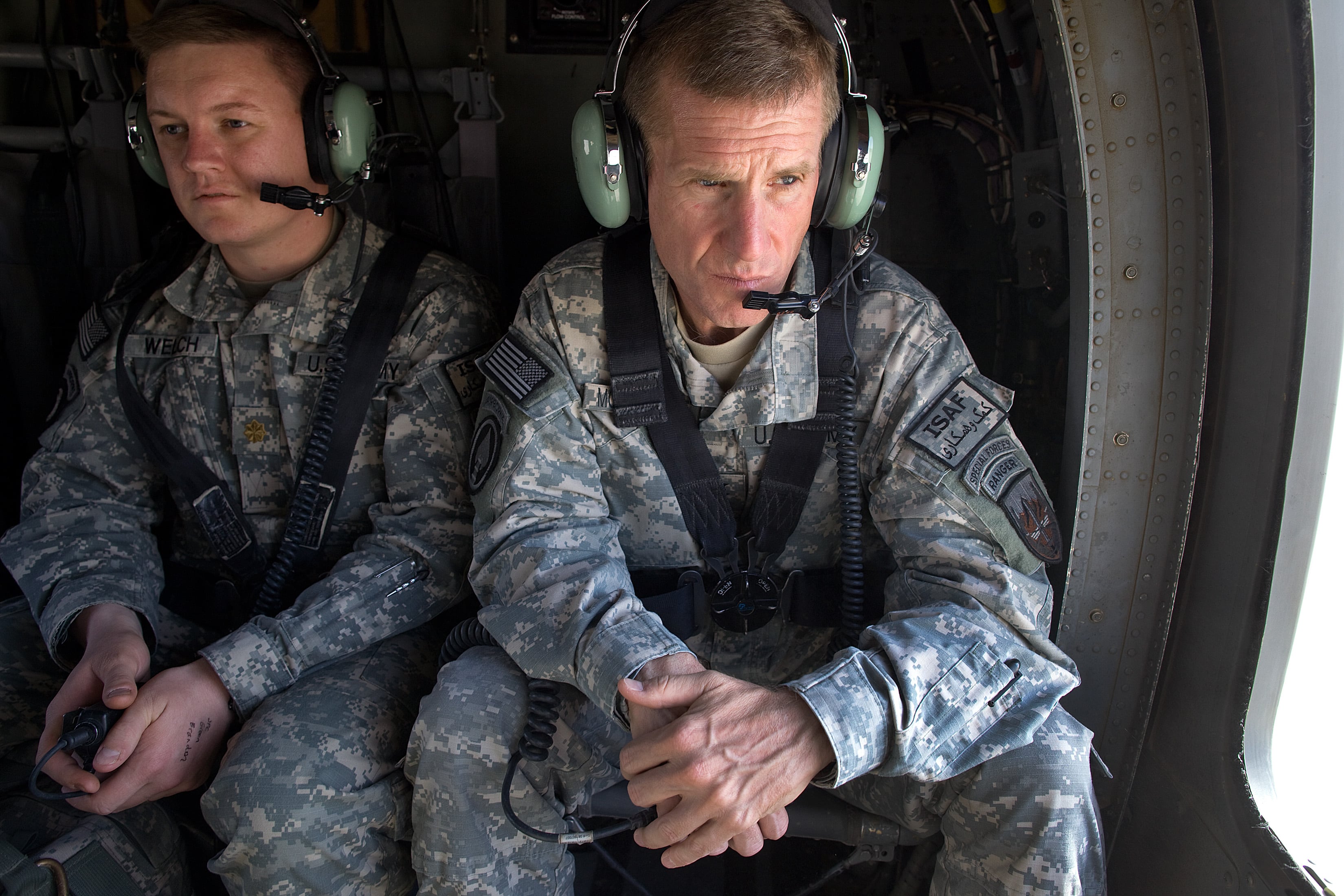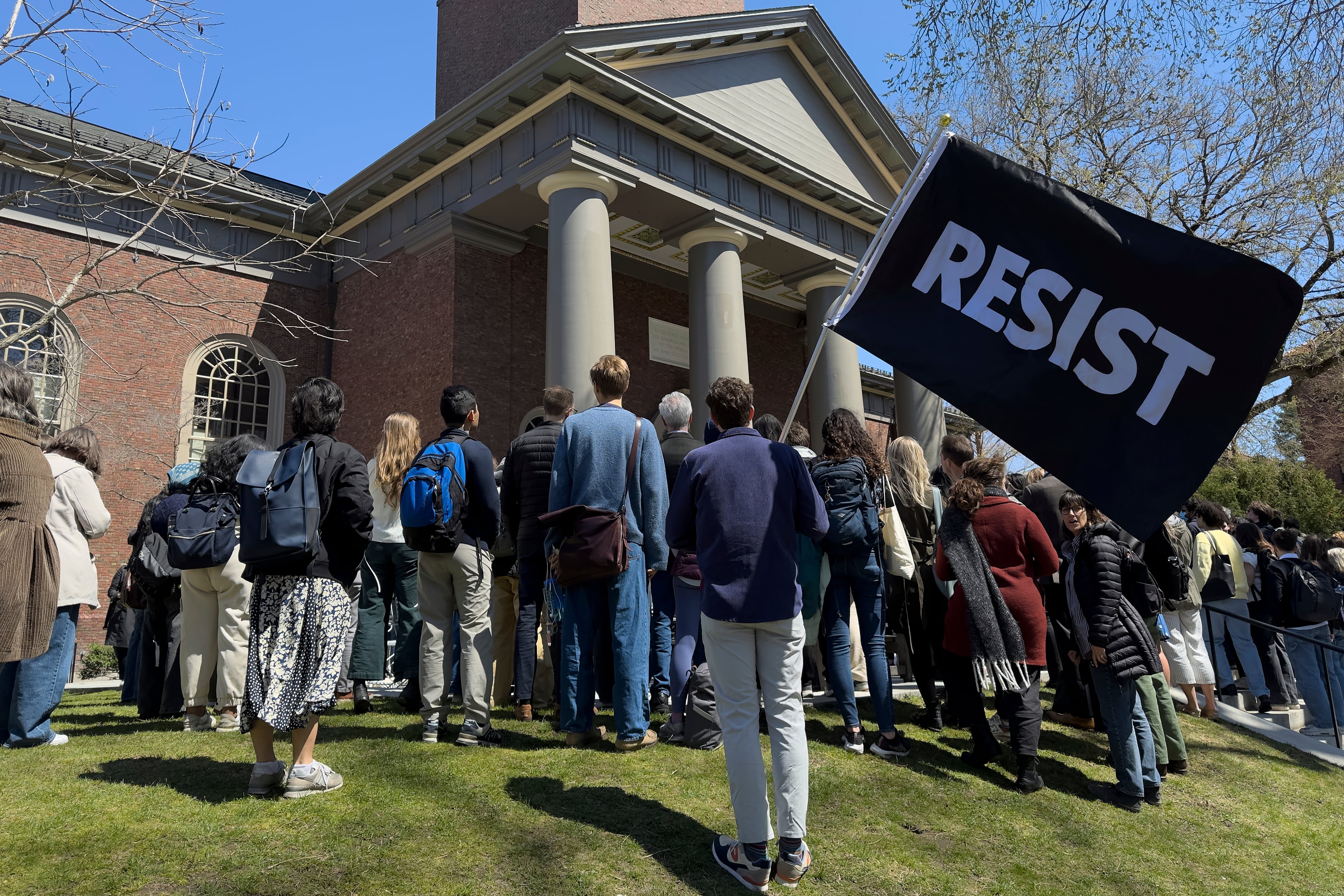Retired Army Gen. Stanley McChrystal is about to have a new book out, and it has a big takeaway: We’re not doing a great job of protecting ourselves.
“Risk: A User’s Guide,” out Oct. 5, takes a look at how leaders approach and handle risk. McChrystal has found they focus more on the likelihood that something will or won’t happen, and less on what to do when even the unlikely happens.
“Like many people, I’ve lived a life that touched risk and dealt with risk, tried to mitigate risk or defeat risk,” he told Military Times during a Sept. 7 interview. “And over the years, I’ve come to the conclusion, we don’t do it very well.”
Nowhere is that more stark than 18 months into the COVID-19 pandemic, as parts of the U.S. are ravaged by deaths and hospitalizations, while others have tamped their community transmission down to manageable levels.
“We always knew another virus was going to come and threaten a pandemic,” he said. “We not only knew it was inevitable, but we know how to deal with a threat like that through public health. And we blew it; we absolutely have flubbed the response.”
Rather than uniting as a country, he said, the U.S. fought dozens of small wars against the pandemic. Some states came up with a uniform plan, while in others, cities and counties had to fend for themselves, playing whack-a-mole with outbreak after outbreak.
“Well, I think up front, we reached a conclusion through personal experience, that we’re not good with risk,” McChrystal said. “And as we studied it, we concluded, we’re the big reason. You know, the biggest risk to us is us.”
The former commander of troops in Afghanistan, ousted in 2010 after making denigrating comments about the Obama administration during a Rolling Stone interview, compared the Global War on Terror to the pandemic response.
Like terrorism, he said, viruses mutate, but there are public health measures that can be taken to combat them.
RELATED

“The way we fought it is countless municipalities, all trying to deal with this threat, none of which by itself was capable of effectively fighting it,” he said. “And if you extrapolate that to the world, the reality of any viral pandemic is, you don’t solve it anywhere until you solve it everywhere. It’s like a forest fire. If the embers are still there, the problem is still there.”
In their book, McChrystal and his co-author, Anna Butrico, outline 10 “dimensions of risk,” that can be monitored and adjusted to shore up capabilities when an emergency comes.
He put these to work during the pandemic, as the state of Missouri, for example, contracted with his McChrystal Group consulting firm for guidance on its pandemic strategy.
“What I’ll say is, what we’ve done is we’ve been able to help several states and cities pull together their ability to communicate, make decisions rapidly, get the different dots connected, so that they can get a better outcome,” McChrystal said, declining to offer specifics about his clients. “And we’ve had tremendous satisfaction and success with that.”
On the horizon, he said, might not only be another pandemic, but something that has been under discussion for decades: climate change.
“And so if there’s anything that should be unifying to society, global society, it ought to be climate change, as COVID-19 should have,” he said. “But instead, what we’ve done is we’ve allowed climate change to become a political issue. And in many cases, we’ve allowed people with different agendas, whether their economic agendas or political science ideologies, to argue broadly.”
Arguing about whether it exists only pushes off the opportunity to do something about it, he said.
Meghann Myers is the Pentagon bureau chief at Military Times. She covers operations, policy, personnel, leadership and other issues affecting service members.




